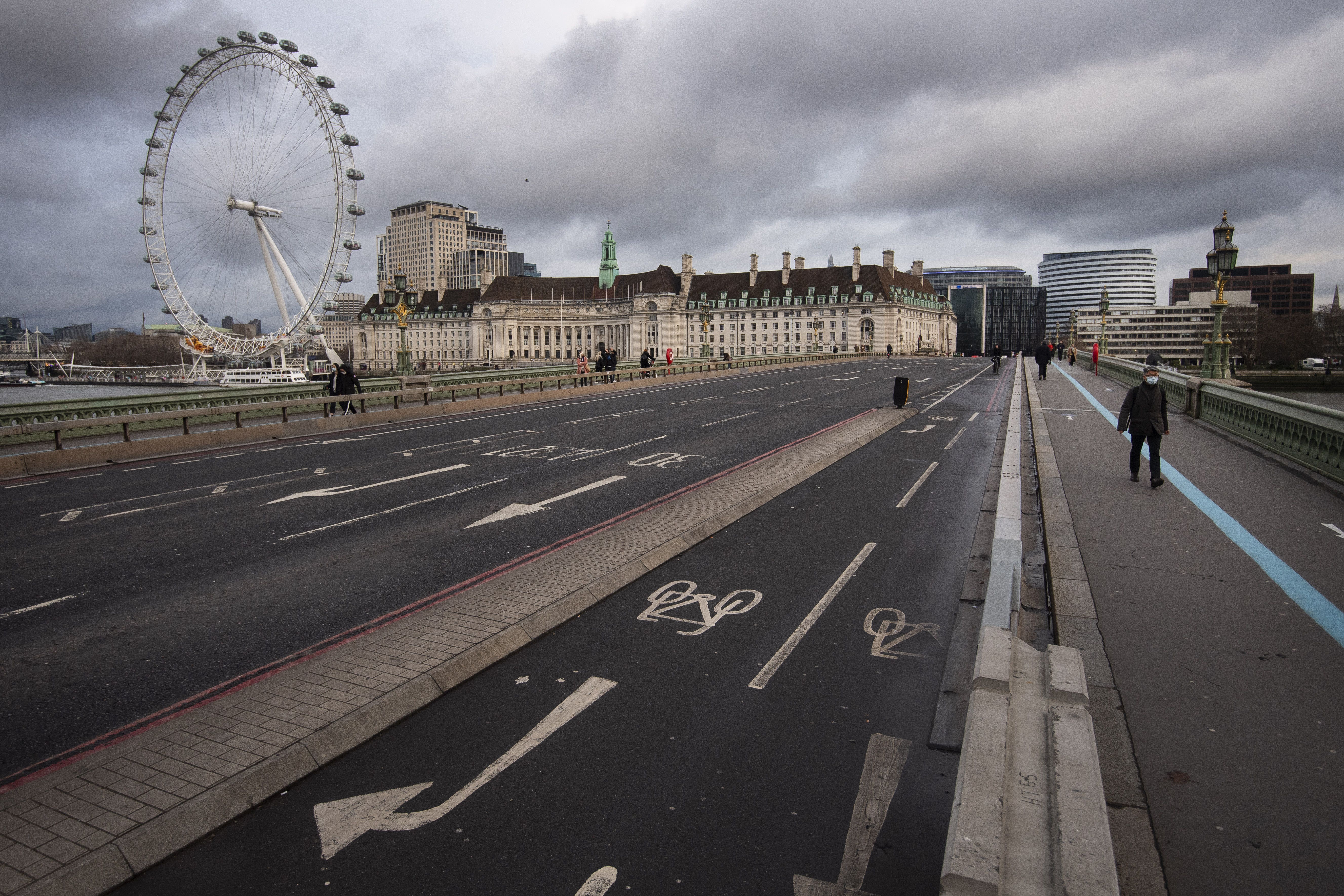Lockdown given ‘very little thought’ ahead of pandemic, UK Covid Inquiry hears
The first public hearing was told the word ‘lockdown’ is ‘forever seared in the nation’s consciousness’.

Your support helps us to tell the story
From reproductive rights to climate change to Big Tech, The Independent is on the ground when the story is developing. Whether it's investigating the financials of Elon Musk's pro-Trump PAC or producing our latest documentary, 'The A Word', which shines a light on the American women fighting for reproductive rights, we know how important it is to parse out the facts from the messaging.
At such a critical moment in US history, we need reporters on the ground. Your donation allows us to keep sending journalists to speak to both sides of the story.
The Independent is trusted by Americans across the entire political spectrum. And unlike many other quality news outlets, we choose not to lock Americans out of our reporting and analysis with paywalls. We believe quality journalism should be available to everyone, paid for by those who can afford it.
Your support makes all the difference.A lockdown was given “very little thought” ahead of the pandemic and there was a failure to consider the “potentially massive impact” it might have, the UK Covid-19 Inquiry has heard.
There was also a lack of forethought around some of the major areas of life affected by the outbreak of a coronavirus pandemic, the inquiry’s lead counsel, Hugo Keith KC, said.
He told the first public hearing on Tuesday that, while it might seem “extraordinary” now given the experience the UK has had, there had been “very little debate pre-pandemic” around whether a lockdown might be necessary and how it could be avoided.
He said: “Extraordinary though it may seem, given that it’s a word that’s forever seared in the nation’s consciousness, there was very little debate pre-pandemic of whether a lockdown might prove to be necessary in the event of a runaway virus, let alone how a lockdown could be avoided.
“Very little thought was given to how, if it proved to be necessary, something as complex, difficult and damaging as a national lockdown could be put in place at all.
“Equally, there appears to have been a failure to think through the potentially massive impact on education and on the economy in trying to control a runaway virus in this way.”
He said “the months and years that followed (the first lockdown), we all recall, saw death and illness on an unprecedented scale…” as he noted that some 226,977 people died across the UK with Covid-19 recorded on their death certificate.
Setting out some of the events leading to the first lockdown in March 2020, he said module one of the inquiry will look at the UK’s preparedness and steps taken such as increasing hospital capacity and closing schools.
Huge, urgent and complex policy decisions were required to be taken in relation to shielding, employment support... few of those areas were anticipated, let alone considered in detail
He said: “Was this need for surge capacity (in hospitals) something that had been adequately prepared for?
“How developed were those plans for school closures?”
He said that, by March 26 2020, “the pandemic had the country in its grip” with almost every area of public life across all four nations, including education, work, travel, the majority of public services and family life being adversely affected.
He added: “The hospitality, retail, travel and tourism, arts and culture, and the sport and leisure sectors effectively ceased, even places of worship closed.
“As you know, for very many, what they had to deal with went far beyond the curtailment of their normal lives and involved bereavement, serious illness, deprivation, mental illness, exposure to violence at home, terrible financial loss, loneliness and many other forms of suffering.”
He noted that, while countries might not be able to be perfectly prepared for pandemics, they can “certainly be under-prepared”, as he outlined how few of the major areas of life which were badly affected had been anticipated, “let alone considered in detail”, by the UK Government.
No country can be perfectly prepared, but it can certainly be under-prepared
“Huge, urgent and complex policy decisions were required to be taken in relation to shielding, employment support, managing disruption to schools, borders, lockdowns, and non-pharmaceutical interventions, restrictions, social restrictions, and, equally importantly, the profoundly unequal impact of the pandemic on the vulnerable and the marginalised.
“Few of those areas were anticipated, let alone considered in detail.”
Addressing inquiry chairwoman Baroness Heather Hallett, he said: “My lady, no amount of foresight or planning can guarantee that a country will not make mistakes when a disease strikes, but that does not mean that we should not strive to be as ready as we sensibly can be.
“No country can be perfectly prepared, but it can certainly be under-prepared.”